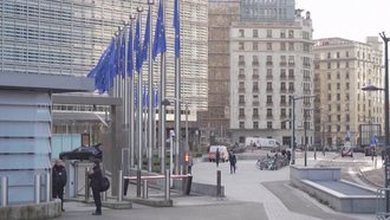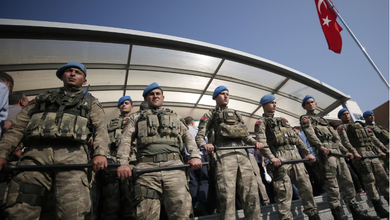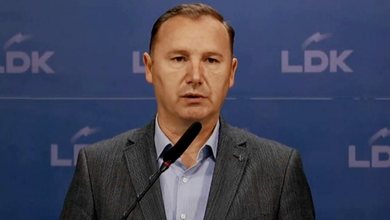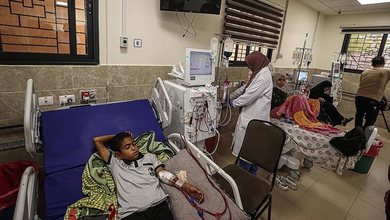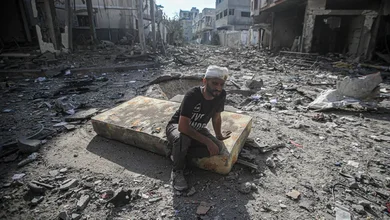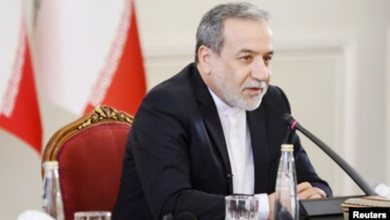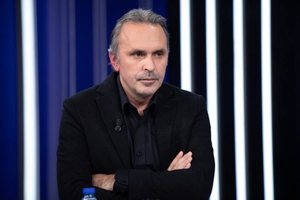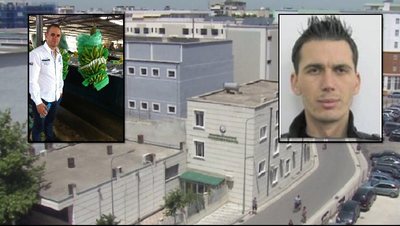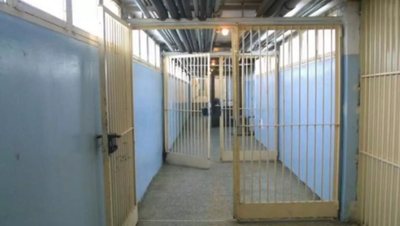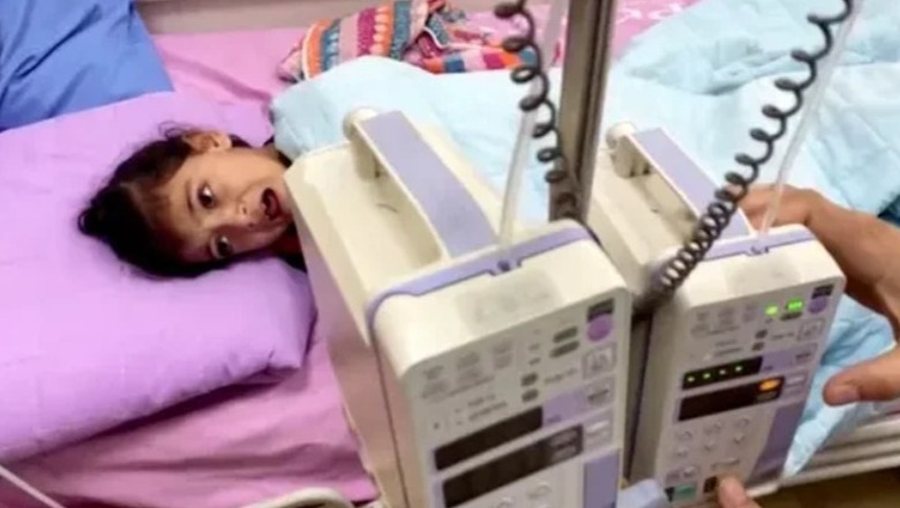
The fragile ceasefire in Gaza has brought a glimmer of hope to the wounded and sick, but for many it is already too late. At Nasser Hospital, amid the damaged wards, two 10-year-old boys are fighting for their lives: Amar, paralyzed from the neck down after being hit by an Israeli drone, and Ahmad, who has a brain tumor that requires immediate surgery. Amar’s mother, Ola Abu Said, recounts with despair: “The doctors told us that his condition is dangerous and that he could lose his life, but there are no means to save him here.”
The situation in Gaza's hospitals is catastrophic. After two years of war, the facilities are on the verge of collapse, without medicine, electricity and basic equipment. The World Health Organization (WHO) estimates that at least 15,000 patients need urgent evacuation, including children with cancer, war wounded and critically ill patients.
On Wednesday, the WHO organized the first shipment of patients since the ceasefire began on October 10, transporting 41 patients and 145 companions through the Kerem Shalom border crossing to hospitals in Jordan. However, thousands more remain stranded, as the Rafah border crossing with Egypt remains closed. Israel has said it will not open the crossing until Hamas returns the bodies of the hostages, as stipulated in the ceasefire agreement, putting the lives of dozens of patients at risk.
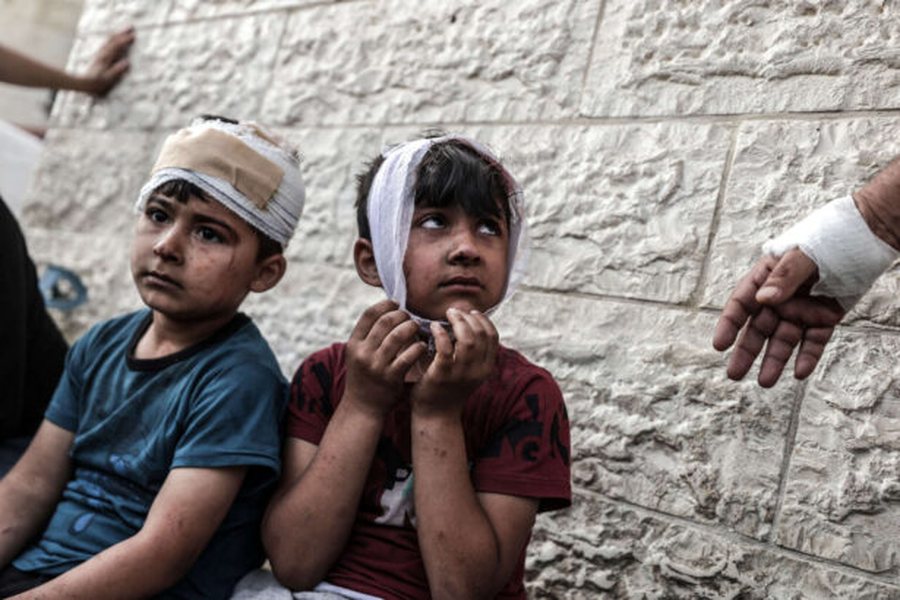
WHO Director-General Dr. Tedros Adhanom Ghebreyesus stressed that the most effective solution is to allow the transfer of patients to Palestinian hospitals in East Jerusalem and the West Bank, as was the case before the war. Dr. Fandhi Atras, Executive Director of the Augusta Victoria Hospital on the Mount of Olives, added: “These facilities can immediately receive hundreds of patients. We know the people, we speak the same language and we have the data. It is the shortest and safest solution.” The European Union and more than 20 countries, including the United Kingdom, have offered to help financially and with medical personnel.
According to the Palestinian Ministry of Health, more than 740 people, including 140 children, died last year while waiting for transport. The director of Nasser Hospital, Dr. Ahmed al-Fara, said: “It is unbearable that doctors know what a patient needs and do not have the means to save him. Every day we lose lives due to the lack of equipment.” Last week, the funeral of 8-year-old Saadi Abu Taha, who died of bowel cancer, was held in the hospital courtyard. The next day, three more children – Zain Tafes, three, and Louay Dweik and Ahmad al-Jadd, eight – died of illnesses that could have been treated.


